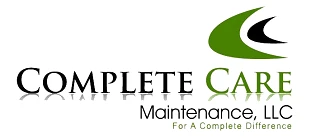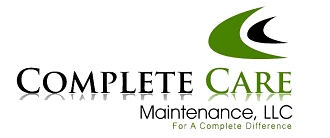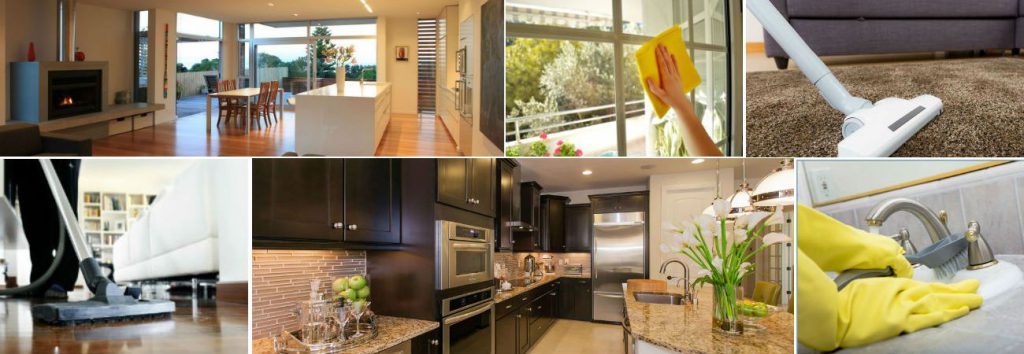10 Cleaning Myths Debunked: Separating Fact from Fiction
Cleaning is an essential part of our daily lives. We all have our cleaning routines, but sometimes, they are based on misconceptions rather than scientific evidence. We are here to set the record straight and debunk some common cleaning myths with evidence-based explanations and solutions to help you clean more effectively and efficiently.
Myth 1: Hot Water Kills All Germs
One of the most persistent cleaning myths is that hot water alone can effectively kill germs and bacteria. While hot water can indeed help in cleaning, it’s not a guaranteed germ killer. The truth is that to eliminate most germs, you need water at a temperature much higher than your tap water can reach.
Debunked: Instead of relying solely on hot water, use disinfectants or anti-bacterial cleaners, and follow the manufacturer’s instructions for optimal germ-killing effectiveness. Moreover, proper handwashing is more effective in preventing illness transmission.
Myth 2: Vinegar Is a Universal Cleaner
Vinegar is a popular home remedy for cleaning, but some people believe it can clean anything. While vinegar is effective for certain tasks, it’s not a one-size-fits-all cleaning solution.
Debunked: Vinegar is acidic, which makes it great for dissolving mineral deposits and cutting through grease. However, it can damage some surfaces, such as natural stone countertops, due to its acidity. Always check if vinegar is safe to use on a particular surface before cleaning.
Myth 3: Paper Towels Are the Best Way to Clean Glass
Many people believe that paper towels are the ideal choice for cleaning glass surfaces, as they are thought to leave a streak-free shine. But there’s more to it.
Debunked: Microfiber cloths are the superior choice for cleaning glass. They trap particles, dirt, and oils more effectively, leaving the glass truly streak-free. Using a microfiber cloth with a mixture of water and isopropyl alcohol or white vinegar works wonders.
Myth 4: Cleaning Products Need to Foam to Work
The foaming action of cleaning products often makes us feel like they are working effectively. Many believe that more foam means a better clean.
Debunked: Foam doesn’t equal effectiveness. In fact, excessive foam can make rinsing more challenging, leaving residues on surfaces. Effective cleaning products may not produce a lot of foam but will get the job done.
Myth 5: Bleach Is the Ultimate Disinfectant
Bleach is a powerful disinfectant, but some people think it’s the only solution to keep their homes germ-free.
Debunked: While bleach is indeed an effective disinfectant, it’s not always necessary. There are other disinfectants and cleaners available that can provide a safer and more pleasant cleaning experience. Be cautious when using bleach, as it can release harmful fumes if mixed with other cleaning agents.
Myth 6: Cleaning Sponges Are Self-Cleaning
Sponges are often used to clean countertops and dishes, but they can harbor germs and bacteria.
Debunked: Sponges need cleaning too! Regularly sanitize your cleaning sponges by microwaving them for one to two minutes or running them through the dishwasher. Replacing sponges frequently is also a good practice.
Myth 7: Dusting Makes Allergies Worse
Many people shy away from dusting because they believe it stirs up allergens and makes indoor air quality worse.
Debunked: Regular dusting with a microfiber cloth or a damp cloth can help reduce allergens by capturing and removing them. Avoid feather dusters or dry cloths that can disperse allergens into the air.
Myth 8: Air Fresheners Clean the Air
Air fresheners often mask odors, leading to the misconception that they clean the air.
Debunked: Air fresheners merely mask unpleasant odors and do not clean the air. To improve indoor air quality, consider using an air purifier with a HEPA filter or opening windows for ventilation.
Myth 9: You Can Never Over-Clean
Some people believe that more cleaning is always better, but over-cleaning can have negative consequences.
Debunked: Excessive cleaning with harsh chemicals can damage surfaces and reduce the effectiveness of cleaning products over time. Stick to regular cleaning routines and use cleaning agents as directed.
Myth 10: Cleaning Can Be Done Quickly and Effectively
Any professional cleaning company can tell you that rushing through cleaning tasks can lead to incomplete or ineffective cleaning.
Debunked: Effective cleaning requires time and attention to detail. Rushing can result in missed spots and unsatisfactory results. Develop a cleaning routine that allows you to thoroughly clean each area.
Conclusion
Cleaning myths persist due to misconceptions passed down through generations. By debunking these myths and adopting evidence-based cleaning practices, you can achieve a cleaner, safer, and healthier environment. Cleaning effectively requires a combination of the right products, techniques, and a little knowledge. So, say goodbye to these myths, and welcome a more efficient and successful cleaning routine.




